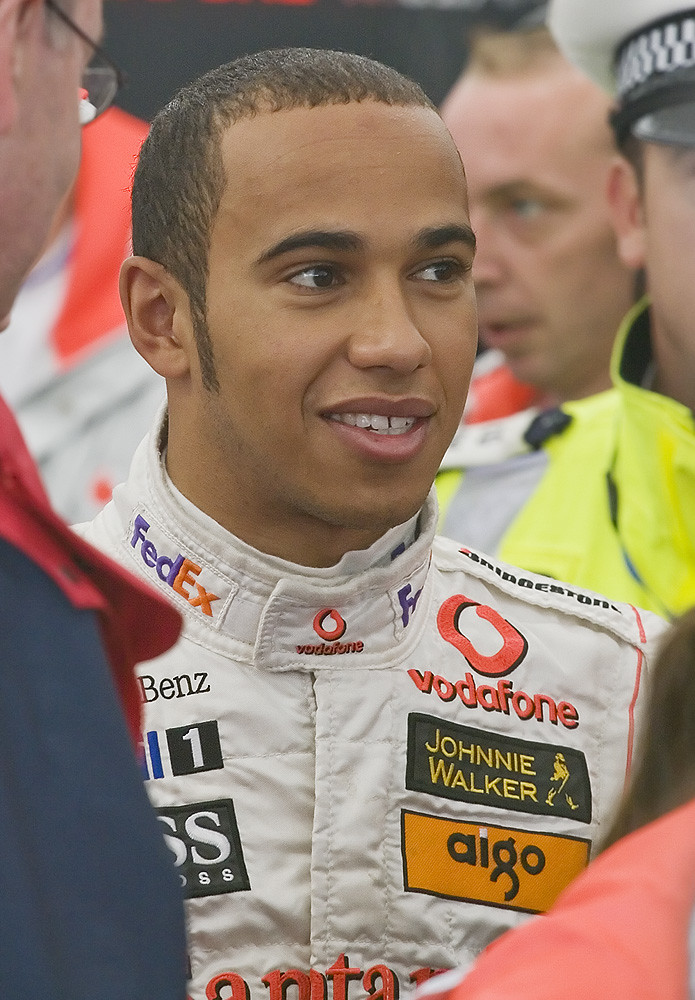As the Russian Federation embarks on its presidential election, the world watches with a mix of anticipation and skepticism. The three-day voting process, which commenced on Friday, is set to cement President Vladimir Putin’s reign for another six years, amidst a backdrop of stifled dissent and a relentless crackdown on opposition.

The election is marred by reports of vandalism at polling stations, including a firebombing and the pouring of green liquid into ballot boxes, a symbolic gesture referencing the late opposition leader Alexei Navalny’s 2017 attack. Despite these acts of defiance, the voting continues across Russia’s 11 time zones, annexed Ukrainian territories, and online platforms, with Putin himself casting his vote digitally.
The significance of this election extends beyond the mere extension of Putin’s rule; it unfolds as Moscow’s war in Ukraine enters its third year, with Russia making incremental battlefield gains. The conflict has not only tested Russia’s military prowess but has also exposed vulnerabilities, as evidenced by Ukraine’s drone attacks that have challenged Russian forces.
The Kremlin’s narrative, however, remains unshaken. Putin, in a display of defiance, has vowed retaliation against Ukrainian strikes, which he claims are meant to disrupt the electoral process. His rhetoric underscores a call for national unity in the face of external aggression.
The election’s outcome seems predetermined, with Putin running virtually unchallenged. His political adversaries are either imprisoned or exiled, and the fiercest among them, Navalny, met his end in an Arctic penal colony last month. The remaining candidates on the ballot are seen as nominal opposition, aligning with the Kremlin’s stance.
International scrutiny over the election’s legitimacy is intense. European Council President Charles Michel’s sardonic congratulations to Putin on his anticipated victory highlight the perceived lack of genuine democratic choice. The absence of significant international observers and the restrictions on independent monitoring further cast a shadow over the electoral process.
The Kremlin’s control over the ballot, the campaign, and the voting process has led observers to dismiss the elections as a sham. The opposition, in a final act of protest, has called for a noon gathering on the last day of voting, a strategy endorsed by Navalny before his death.
Despite the opposition’s efforts, the election watchdog Golos has reported that the authorities have rendered the campaign nearly invisible, aiming to suppress public awareness of the election. The group itself has been targeted in the crackdown, with its co-chair awaiting trial on charges seen as politically motivated.
As the election unfolds, questions linger about the true sentiment of the Russian populace. With independent media and prominent rights groups crippled, the gap between the citizens and the decision-making process has never been wider.
The election’s implications extend beyond Russia’s borders, with international condemnation of the vote in occupied Ukrainian territories and the West’s accusations against Putin for Navalny’s death. The election also marks a pivotal moment for Russia’s political system, as constitutional amendments have paved the way for Putin to potentially remain in power until 2036.
The election is less about the choice of leadership and more about the consolidation of power within the Kremlin. As Russia casts its votes, the world is left to ponder the future of Russian democracy and the implications of Putin’s prolonged presidency on global affairs.
Related posts:
Russians are voting in an election that holds little suspense after Putin crushed dissent
How long has Vladimir Putin been president? See how Russian elections work
Russia Elections 2024: Putin votes online on first day of Russian presidential election





